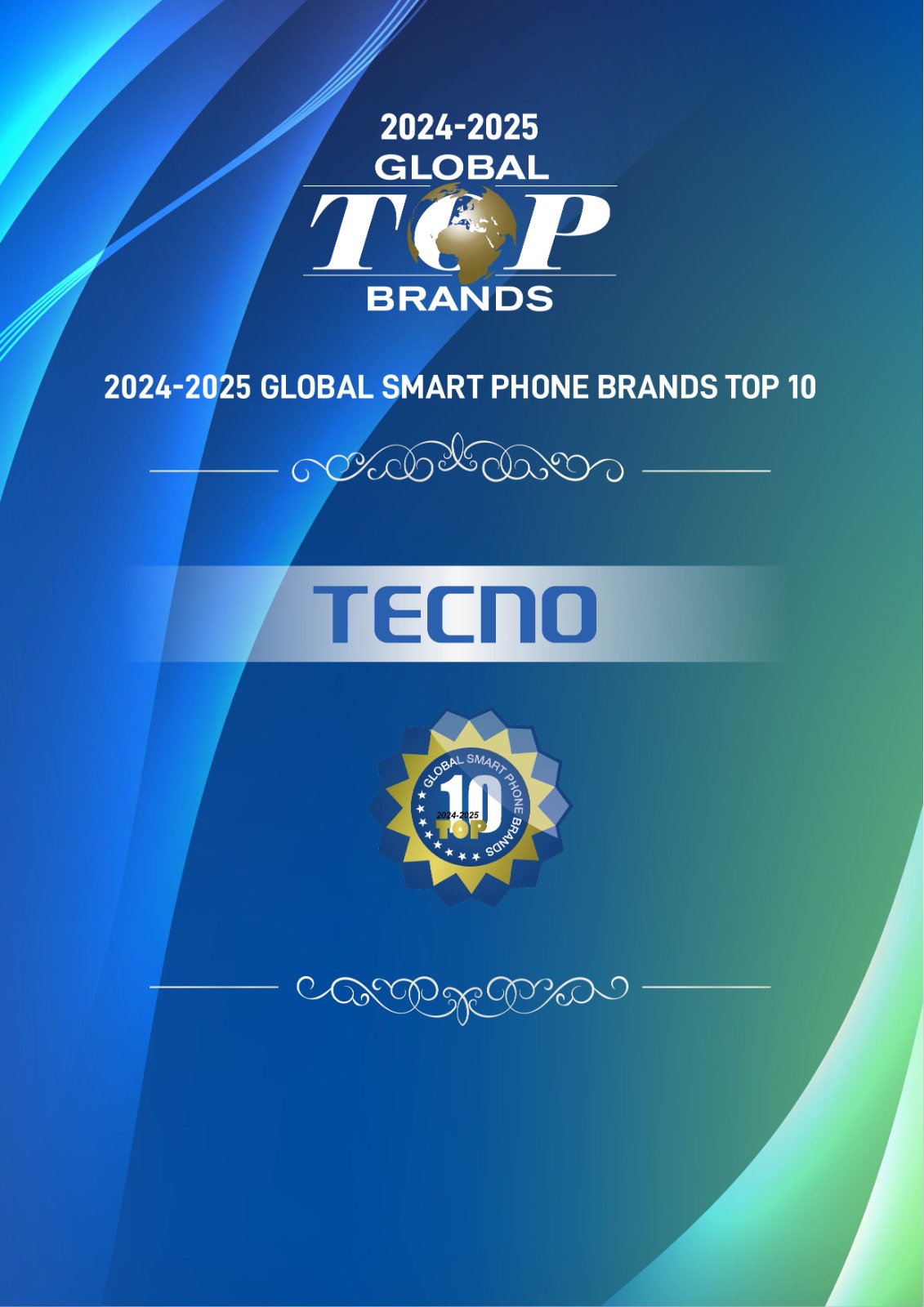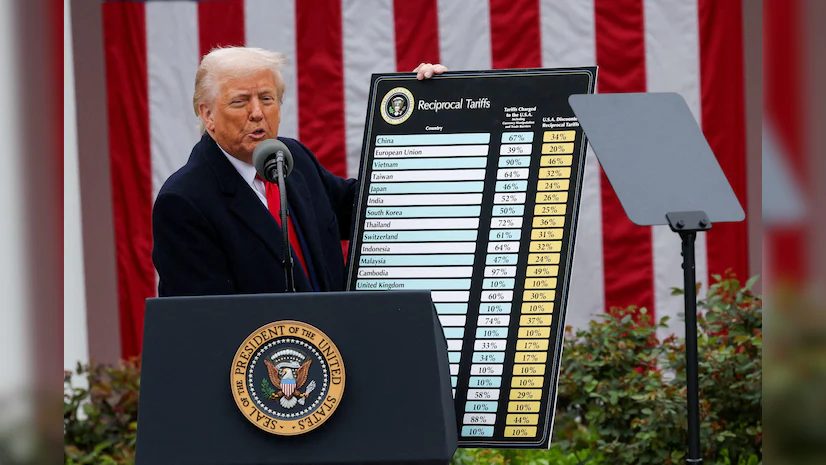When will the world wake up to the potential of poo power?

A simple machine can convert human waste to electricity and fertilisers. It is time to rethink how we treat this valuable resource.
Vietnamese rice farmers are creating biogas out of their own human waste. How long will it be before the rest of the world catches on to this sustainable energy resource?
Ta Quang Nah is a Vietnamese rice farmer, pig breeder, builder and fisherman. But for several months now he has also been running a power station from his home on the Ca Mau peninsula.
All the family’s waste goes straight from their outdoor latrine to join that of their four pigs in an airtight underground chamber, and the methane gas that is naturally let off as the combined excreta decomposes collects in a long polythene bag secured above ground.
Ta Quang Nah was advised by Oxfam how to set up his family biodigester, and when the reporter met him last month he was proudly cooking on his own gas, and saving money by not buying wood or charcoal. His simple operation cost less than $50 to install, paid itself off in a few months, needs little maintenance and is more than big enough for his family’s needs. Dozens of his neighbours want one too.
Using vegetable or livestock waste to generate biogas is now common and growing fast as cattle farmers and food companies in Europe and the US are encouraged with subsidies to set up anaerobic, or airless, digesters like Ta Quang Nah’s rudimentary one. But using human waste is still largely taboo outside Asia.
In Europe and the US human waste is seen as a major health risk, but to generations of Chinese and Vietnamese farmers accustomed to handling organic manures “night soil” – as it is known – is a safe, desirable, organic fertiliser high in phosphorous, nitrogen and nutrients. Treated properly, it’s safe, commands premium prices and restores goodness to overworked fields.
As cities in developing countries grow fast, and public services fail to keep up with population growth, so governments and entrepreneurs are beginning to understand that it makes financial and environmental sense to address the two problems together.
The UN University’s Canadian-based Institute for Water, Environment and Health has calculated that biogas from human waste would have a value of $9.5 bn a year and the residue could produce 2m tonnes of fuel. It calls for a complete rethink on how we waste a valuable potential resource.
Until now, say the authors, most countries have been encouraged to follow the route of western countries and treat human waste as something to be flushed away as quickly as possible. This may be practical in temperate regions with plenty of rain and money, but in water-scarce regions it makes little sense, they say.
But if human waste could be collected in large enough quantities in Kenya, Nigeria, Uganda, Haiti and other places where western-style sewage systems are unlikely to come for years, both the gas and the phosphorous-rich residue could be sold.
The environmental benefits of producing both biogas and a rich fertilizer from human waste are well-documented. Apart from hygienically disposing of the excreta, which is a serious health problem in India and parts of Africa where people defecate in the open, it also saves cutting down forests and burning fossil fuels to generate the electricity needed to make modern phosphorous-based fertlisers. When linked to a generator the poo can produce electricity. Not just win-win. But win, win, win, win.
In Kenya, a group called Umande, working with the British Charity Practical Action, has built 72 toilet blocks where human excreta is collected and put in a bio-digester, which collects the methane as it breaks down.
So far, they claim to have collected nearly 70,000kg of poo and the gas is piped to schools and people’s houses, where it is used for cooking or to power hot showers. The residue is used as a fertliser or a fuel for cement works, or cooking fuel.
In Kampala, Uganda, a similar system is being installed in a prison. Here the prisoner’s waste will be collected, and the gas and fertiliser generated should pay for itself in two years.
Ta Quang Nah in Vietnam and others who value their waste may one day be recognized as being advanced their thinking. Source: The Guardian

Govt. once again asks social media platforms for registration

TECNO unveils Starry Optical fiber technology at CES 2025

RealHRsoft Revolutionizing HR Management with Automation and Strategy

Europa Clipper: AI-Powered search for life beyond Earth

TikTok removes 6,078 videos

LBEF marks its 26th anniversary

OPPO A3 hits Nepali market







Feedback